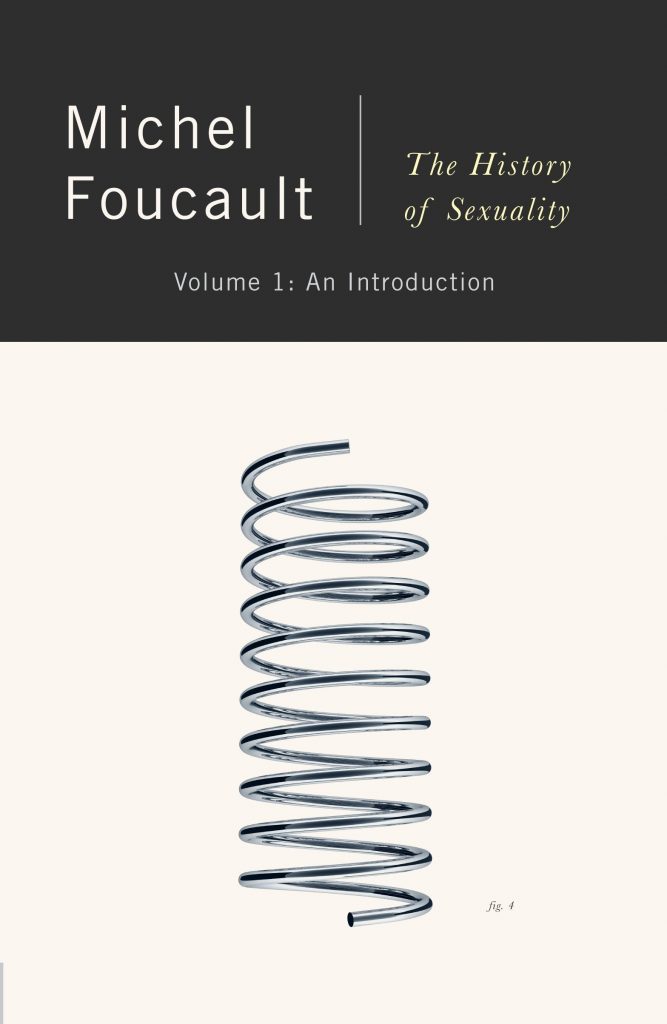

To designate something is undeniably to take a look at this thing, it is to make it be this thing that one designates, which would have taken another meaning if it had been designated otherwise. Truism? Perhaps. But one cannot forget or omit it without taking the risk of not seeing anything of what men think. Thus, in 1976 and 1994, the same work by Michel Foucault – who had died in the meantime – was not presented to his French public in the same way, and there is nothing fortuitous about that. When Michel Foucault undertakes the history of sexuality, he begins by telling us that it is, against or at least on the fringe of the idea that it can be reduced to a history of repression, above all a public and collective history: The will to know is less the history of sexuality itself than our history about sexuality, or, how does the collective undertake to make of the sexuality of each one not an intimate history but a lit-vre open to the society, whether or not it passes by repression, marginality or prohibition. He thus voluntarily uses the title he had already given to his first series of lectures at the Collège de France (Leçons sur la volonté de savoir, Cours au Collège de France (1970-1971), later published by Gallimard, Seuil, 2011 and translated in English by Graham Burchell, Plagrave MacMillan, 2014).
The cover of the first French publication of the book shows this « Will to know ». A few decades later, however, it is The History of Sexuality that is shown, and the will to know becomes secondary – as can be seen in the first Americain edition in 1978, which has completely ignored the original title, reducing it to « An introduction » (The History of Sexuality, Translated from the French by Robert Hurley, Pantheon Books, New-York, 1978)-, as if it were not necessary to know that it is indeed that which is important to us. If Michel Foucault had wanted to make visible what was not visible, his posterity takes charge of making it invisible again. Not for everyone, it is true.



